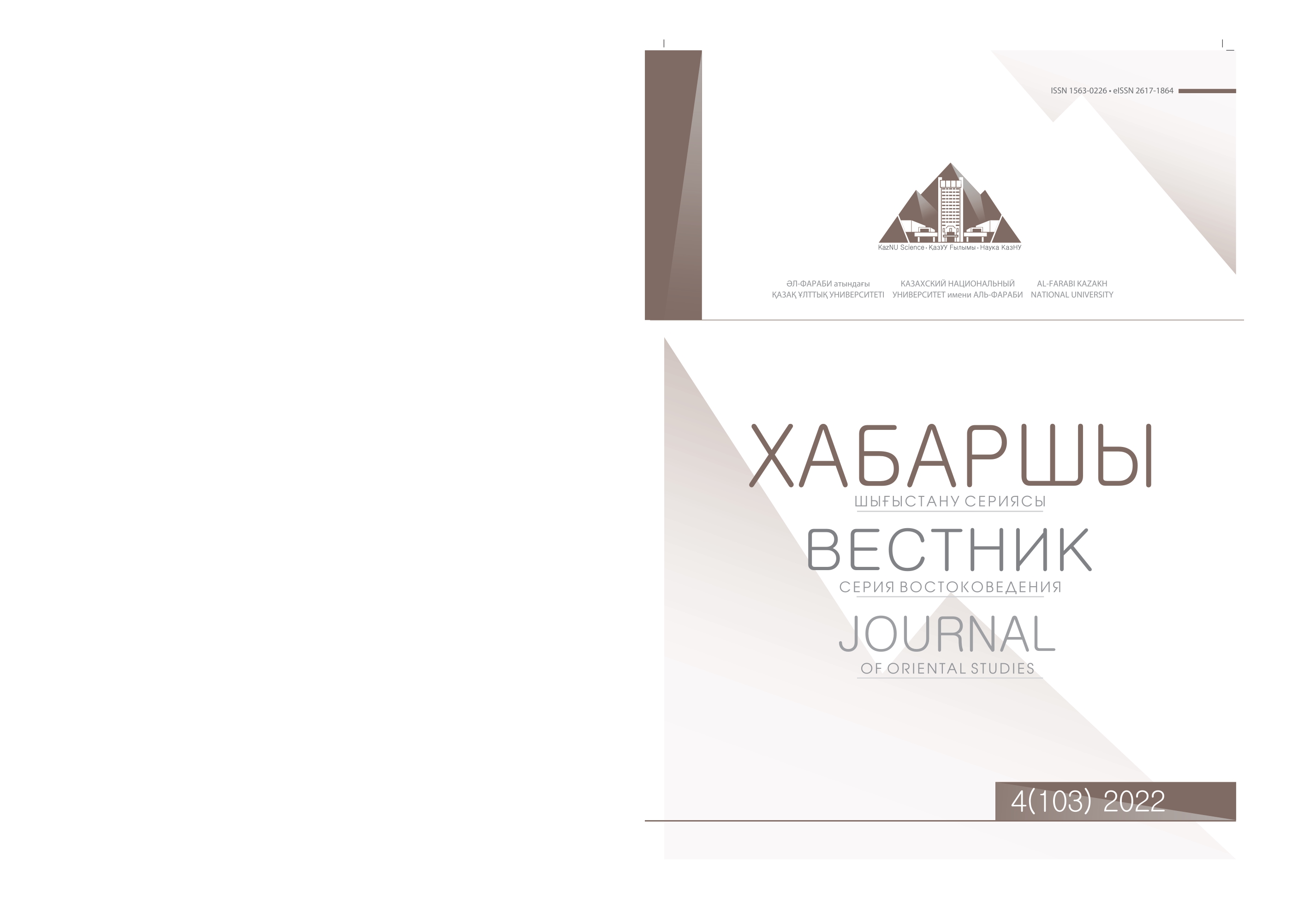THE INTERNATIONAL CAMPUSES’ ROLE IN HIGHER EDUCATION IN THE UAE
DOI:
https://doi.org/10.26577/JOS.2022.v103.i4.012Abstract
Internationalization of higher education includes recruiting international students, collaborating on joint programs, pursuing international accreditation, becoming world-class universities, developing international quality assurance systems, and establishing an educational hub. Foreign campuses are one of the most common models of internationalization.
The purpose of this article is to study and evaluate the experience of the United Arab Emirates (UAE) in higher education, especially the impact of international branch campuses on the education system in the country. We believe this experience of the UAE’s reforms in the education system deserves attention for universities in Kazakhstan. We explore the reasons for the growth of transnational campuses, as well as their benefits. In particular, the increase in numbers of foreign Alma-maters may enhance the quality of teaching in public universities. Moreover, we found that accreditation is a sort of internationalization model of higher education, which was not given enough attention by scientists. The data for this study were collected from peer-reviewed academic journals, available official records on their websites and official reports.
Key words: Internationalization, international branch campuses, universities, UAE.














